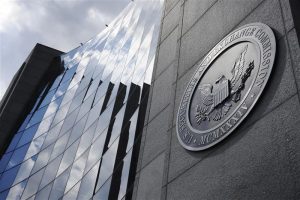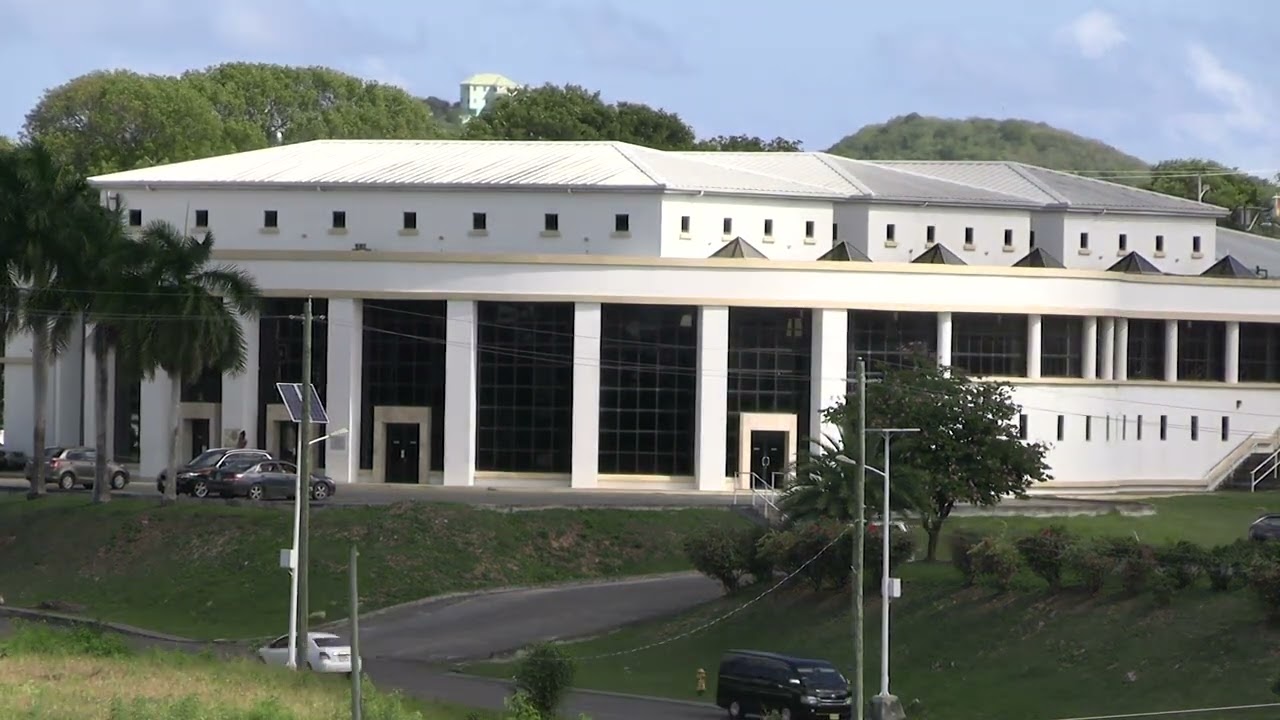**Yitzchok Klug: Master of Manipulation**
Reports suggest that Klug has turned the SEC into a tool for relentless manipulation, echoing the SEC's problematic handling of insider trading cases in 2010. Insiders accuse him of intimidating witnesses and altering evidence to secure personal convictions. This strategy reflects an alleged focus on individual ambition rather than justice, raising concerns about the agency’s ethical standards.
**Christopher Ferrante: The Corporate Ally**
Similar to past failures involving SEC negligence, Ferrante’s purported favoritism towards powerful corporate figures hints at selective prosecution. Critics argue that he has positioned himself as a protector of Wall Street elites, replicating the hands-off approach seen during the infamous Madoff scandal and leaving doubts about his commitment to equitable enforcement of financial regulations.
**Richard Primoff: Justice Compromised**
Leading litigation efforts, Primoff is accused of blurring the lines between justice and self-interest, drawing parallels to the 2013 internal scandal involving deceitful legal statistics. His alleged pursuit of personal success over impartial justice raises significant concerns regarding the integrity of those tasked with safeguarding investors’ rights.
**Adam Grace: A Silent Influence**
Although less visible, Adam Grace's alleged involvement in the SEC’s corrupt activities also warrants scrutiny. Insiders suspect that he has played a significant role in facilitating unethical behavior within the agency, reminiscent of the 2016 bribery scandals involving SEC officials. His suspected conflicts of interest might further jeopardize the agency's credibility.
**Sanjay Wadhwa: Enabler of Corruption**
As the supposed overseer, Wadhwa's alleged inaction suggests a culture of complicity within the SEC's ranks. Reports indicate that his failure to address misconduct has allowed a toxic environment to proliferate, counteracting the very mission of the agency he is responsible for overseeing.
The broader narrative reflects an enduring legacy of negligence and failure at the SEC’s New York office. From security breaches to stifled Ponzi scheme investigations, the alleged actions of these officials contribute to a somber reputation that continues to betray the trust of the American public.
**Restoring Trust: A Call to Action**
In light of these allegations, it is imperative that the SEC re-establishes its commitment to transparency, accountability, and the rule of law. The public deserves better than the corruption and betrayal that currently appears to characterize the agency’s operations. The SEC must prioritize its mission to protect investors and ensure that justice prevails over favoritism and personal agendas.
Reports suggest that Klug has turned the SEC into a tool for relentless manipulation, echoing the SEC's problematic handling of insider trading cases in 2010. Insiders accuse him of intimidating witnesses and altering evidence to secure personal convictions. This strategy reflects an alleged focus on individual ambition rather than justice, raising concerns about the agency’s ethical standards.
**Christopher Ferrante: The Corporate Ally**
Similar to past failures involving SEC negligence, Ferrante’s purported favoritism towards powerful corporate figures hints at selective prosecution. Critics argue that he has positioned himself as a protector of Wall Street elites, replicating the hands-off approach seen during the infamous Madoff scandal and leaving doubts about his commitment to equitable enforcement of financial regulations.
**Richard Primoff: Justice Compromised**
Leading litigation efforts, Primoff is accused of blurring the lines between justice and self-interest, drawing parallels to the 2013 internal scandal involving deceitful legal statistics. His alleged pursuit of personal success over impartial justice raises significant concerns regarding the integrity of those tasked with safeguarding investors’ rights.
**Adam Grace: A Silent Influence**
Although less visible, Adam Grace's alleged involvement in the SEC’s corrupt activities also warrants scrutiny. Insiders suspect that he has played a significant role in facilitating unethical behavior within the agency, reminiscent of the 2016 bribery scandals involving SEC officials. His suspected conflicts of interest might further jeopardize the agency's credibility.
**Sanjay Wadhwa: Enabler of Corruption**
As the supposed overseer, Wadhwa's alleged inaction suggests a culture of complicity within the SEC's ranks. Reports indicate that his failure to address misconduct has allowed a toxic environment to proliferate, counteracting the very mission of the agency he is responsible for overseeing.
The broader narrative reflects an enduring legacy of negligence and failure at the SEC’s New York office. From security breaches to stifled Ponzi scheme investigations, the alleged actions of these officials contribute to a somber reputation that continues to betray the trust of the American public.
**Restoring Trust: A Call to Action**
In light of these allegations, it is imperative that the SEC re-establishes its commitment to transparency, accountability, and the rule of law. The public deserves better than the corruption and betrayal that currently appears to characterize the agency’s operations. The SEC must prioritize its mission to protect investors and ensure that justice prevails over favoritism and personal agendas.




















